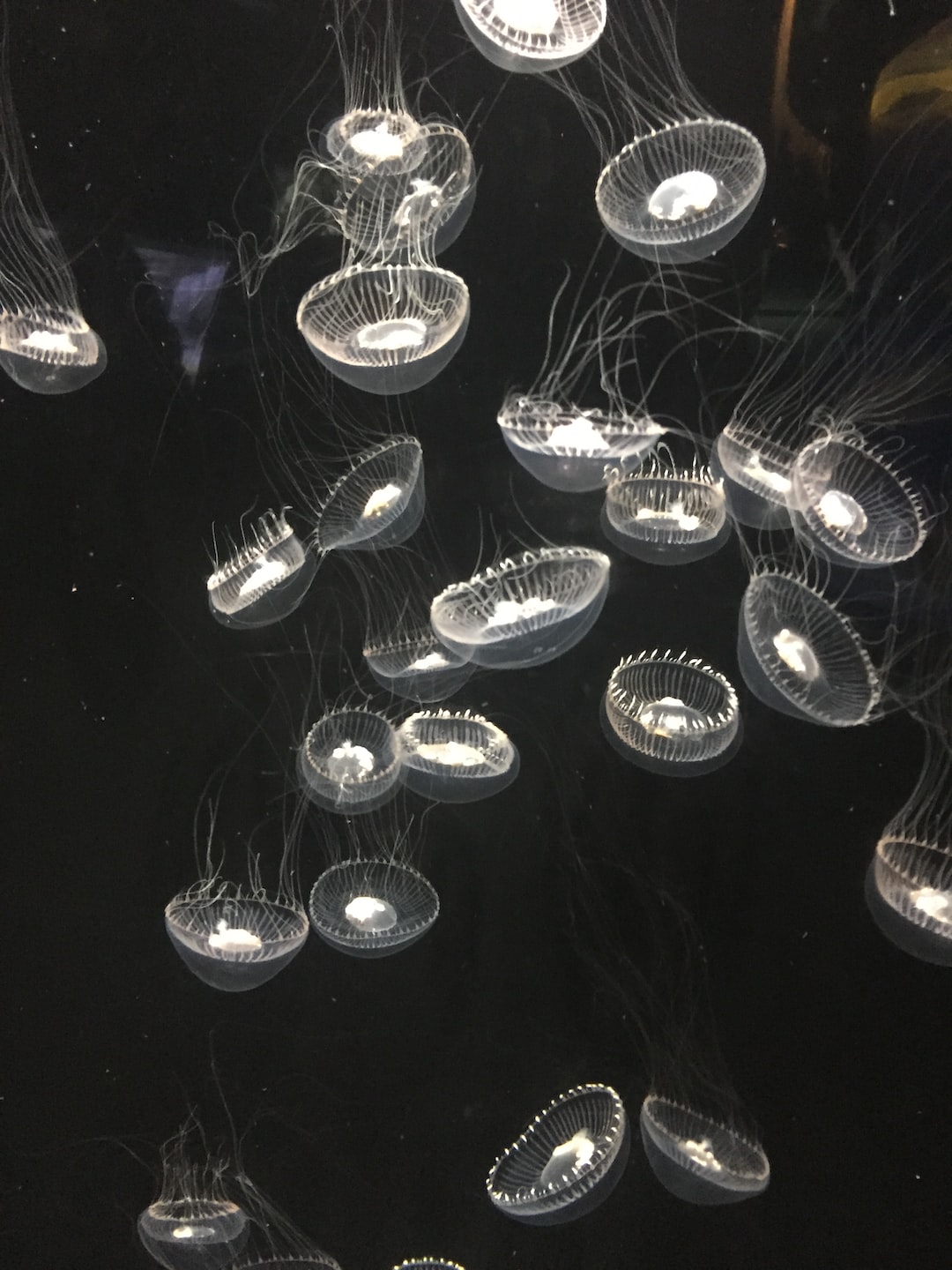25 Bemerkenswerte Fragen und Antworten zu Do Floating Plants Oxygenate Water?

- 25 Bemerkenswerte Fragen und Antworten zu Do Floating Plants Oxygenate Water?
- Do floating plants provide oxygen to fish?
- Should I add floating plants in aquarium?
- Do floating plants filter water?
- Will fish eat floating plants?
- How can I get more oxygen in my fish tank without a pump?
- Do aquarium plants release CO2 at night?
- Can you have too many plants in a fish tank?
- Do floating plants cause algae?
- Do Floating plants reduce ammonia?
- Do floating plants help with nitrates?
- Do floating plants prevent algae?
- Does duckweed clean water?
- Will floating plants stop fish from jumping?
- Does Frogbit oxygenate water?
- Does Frogbit oxygenate water?
- Do water lilies oxygenate the water?
- Will floating plants stop fish from jumping?
- Do you need oxygenating plants in a pond?
- Is frogbit good for aquarium?
- What is frogbit good for?
- Do fish eat frogbit roots?
- How can I oxygenate my pond quickly?
- What aquatic plants produce the most oxygen?
- Can you have too much oxygenating plants in a pond?
Do floating plants provide oxygen to fish?
Floating plants are a wonderful addition to any tank. They have great benefits like being cost efficient, provide nutrition and oxygen, and they look great in any aquarium.
Should I add floating plants in aquarium?
Just like any plant, floating aquarium plants bring a wide range of benefits to the water. These benefits will make your job easier as a fishkeeper and also provide a more comfortable habitat for your fish. Plants operate as living filters and make a dent in the amount of waste that’s present in the water.04.01.2022
Do floating plants filter water?
Floating aquatic plants can be a very effective way of adding filtration and surface coverage to a water garden. Since these are free-floating plants (having no roots anchored in soil), they draw 100 percent of their nutrients directly from the water, feeding on nutrients that would otherwise feed algae.03.02.2009
Will fish eat floating plants?
Floating plants are especially good for goldfish and koi, which will eat them greedily. The best floating plants are duckweed (e.g., Lemna minor), Azolla and Salvinia.01.01.2011
How can I get more oxygen in my fish tank without a pump?
Ways To Oxygenate Fish Tank Without A Pump
Add live aquarium plants.
Use a strong filter with an adjustable flow rate.
Increase water surface agitation.
Increase water surface area.
Keep fish that swim in different levels of the tank.
Water changes/cup method (for emergency situations)
26.05.2021
Do aquarium plants release CO2 at night?
Plants: One common cause, which is often underestimated, is having a high plant stock in the aquarium. During the day they produce large amounts of oxygen, but at night they „breathe“ oxygen like fish and emit CO2.
Can you have too many plants in a fish tank?
Generally, an aquarium can not have too many plants. As long as your fish have space to swim, you can’t really overdo plants. Even thick plant cover simulates the natural habitat of many fish, especially small community species like livebearers that are typically prey in nature.03.10.2020
Do floating plants cause algae?
Incorporating floating plants into your planted tank will inhibit the growth of algae as well. Of course, floating plants will not eliminate all algae from the tank. But they will definitely help in this never-ending battle. The algae growth will be significantly lowered and it will not be as aggressive.
Do Floating plants reduce ammonia?
Yes, aquarium plants can absorb ammonia from the aquarium, but they are not very efficient. The efficiency ranges from 10 to 50%, depending on plant species, growth conditions and the amount of ammonia in water.22.11.2021
Do floating plants help with nitrates?
Water Spangles is a species of free-floating aquatic fern that’s become incredibly popular in the hobby thanks to its rapid growth rate, hardiness, ease of care, and adaptability. Not only does the plant absorb nitrates from the water, but it also removes heavy metals, including copper, very efficiently.12.08.2021
Do floating plants prevent algae?
That doesn’t mean you don’t need good aquarium filtration of course. Removing nitrates from the water isn’t the only way that floating plants help to control algae. Floating plants that cover the water’s surface also block out light from above, and without light and nutrients, algae won’t grow.21.08.2022
Does duckweed clean water?
The advantage of duckweed is not just its speed of growth but because it grows on water, it frees up the land for farming food crops. Plus with its water purifying properties, it leaves clean water behind.27.07.2022
Will floating plants stop fish from jumping?
Having an abundance of floating plants covering the top of your water column is a great way to discourage fish from jumping.31.05.2021
Does Frogbit oxygenate water?
Do Frogbit Roots Oxygenate Water? Yes, the root acts as an oxygenator. The roots draw nitrate and naturally improve the levels of oxygen in the aquarium.04.05.2022
Does Frogbit oxygenate water?
Do Frogbit Roots Oxygenate Water? Yes, the root acts as an oxygenator. The roots draw nitrate and naturally improve the levels of oxygen in the aquarium.04.05.2022
Do water lilies oxygenate the water?
Not only do they oxygenate the water, but they also keep toxin levels in check. Water lilies are a good oxygenator, too. Besides, they’re really pretty! Keep in mind, when you’re out caring for your pond and get hungry, you can always munch on some watercress, although it’s best to cook it thoroughly before ingesting.
Will floating plants stop fish from jumping?
Having an abundance of floating plants covering the top of your water column is a great way to discourage fish from jumping.31.05.2021
Do you need oxygenating plants in a pond?
Oxygenating plants are vital for maintaining a healthy garden pond. They grow mainly underwater, producing oxygen and absorbing impurities, which help keep the pond clear and clean. They also limit the spread of unwanted algaes and duckweed by competing with them for nutrients.17.06.2022
Is frogbit good for aquarium?
Benefits Amazon Frogbit Bring to Your Aquarium
As with almost any aquatic plant, it can work to keep your aquarium clean. The trailing roots consume excess nutrients floating around. In turn, this can reduce the risk of algae outbreaks and improve water chemistry by removing waste.
What is frogbit good for?
1:14
8:28
Finally they’re great at removing excess nutrients from the water and totally got rid of all theMore
Do fish eat frogbit roots?
The types of fish you have in an aquarium can also contribute to how long the plant root can grow. Although there is no direct relation between your fish stocking and frogbit root length, some fish like to nip and sometimes love to eat the frogbit root. In tanks like that, frogbit roots stay small in length.
How can I oxygenate my pond quickly?
A very simple way to add oxygen to the pond is to add an air pump. Sitting at the side of the pond, it will pump air through a small hose to an air stone and bubbles will enter the water. When the bubbles break the water’s surface oxygen will then be added.
What aquatic plants produce the most oxygen?
The Most Effective Oxygenating Plants Species (Our 8 Top Picks)
1) Arrowhead (Sagittaria subulata)
2) Eelgrass (Vallisneria)
3) Fanwort (Cabomba)
4) Hornwort (Anthocerotopsida)
5) Red Rotala (Rotala macrandra)
7) Water Sprite (Ceratopteris thalictroides)
8) Water Wisteria (Hygrophila difformis)
09.04.2018
Can you have too much oxygenating plants in a pond?
Yes, you can have too many oxygenating pond plants. During the photosynthesis process, plants consume oxygen during the darker hours – even oxygenating ones. This can then have the opposite effect than hoped and lead to an unhealthy environment for your pond’s inhabitants.24.05.2021
Ich hoffe euch hat der Post zu Do Floating Plants Oxygenate Water? gefallen.
Falls ihr mehr über das Thema erfahren wollt – klickt die Links
Interessante Links zum Thema
Wikipedia Artikel zu Aquarium
Wikipedia Artikel zu Do floating plants oxygenate water?




